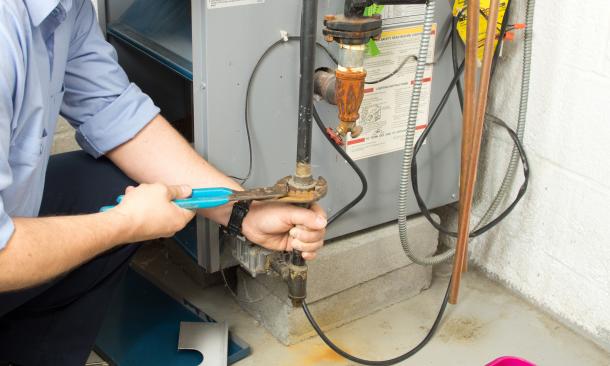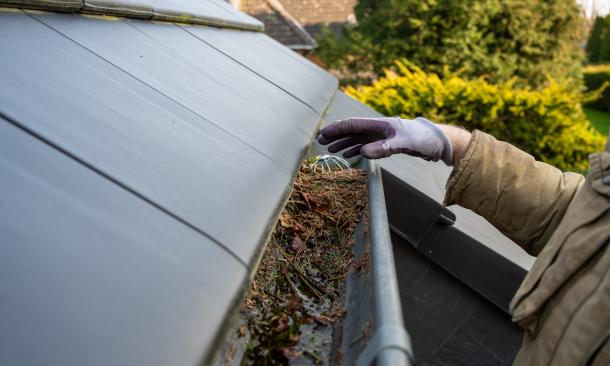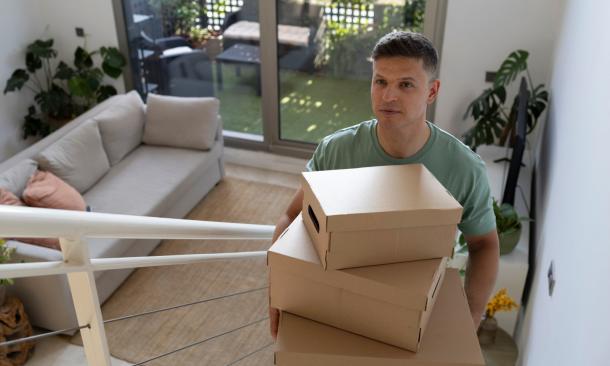Minimize Damage
When flooding is imminent, your first priority should be your physical safety, your loved ones and your pets. If you have time to prepare your property for flooding, there are different ways to do it.


Elevate your property’s utilities
Elevated utilities are less likely to be damaged by floodwater. This includes electrical panels, propane tanks, sockets, wiring, appliances and heating systems. We also recommend anchoring them to keep them in place.

Clear gutters at your home or business
Make sure that you toss out any debris from gutters and downspouts to avoid an accumulation of water.

Move belongings to a high, safe place
When flooding is predicted, move furniture and valuables to a safe place, such as an attic or the highest floor of your home.
Get extra support for reducing flood damage
FAQs about reducing flood damage
Yes! A working sump pump and a water alarm can minimize flood damage in your basement. Install a battery-operated backup pump too, in case the power goes out.
Weather events are a common cause of flooding. Stay alert by monitoring local news and weather reports. You can also sign up for emergency alerts, they’ll keep you up to date with the latest news.
Critical utilities like electrical and plumbing account for a significant portion of flood damage. Damaged utility systems cause delays in recovery and moving back into your home after a flood.
You can learn more about how to minimize damage to your home’s utilities in FEMA’s utility system protection handbook.
Elevating machinery and appliances above the first floor can help. It can also lead to a discount on your flood insurance premium.
You can learn about other mitigation discounts NFIP’s guide for mobile home flood insurance.
Get flood insurance. An NFIP flood insurance policy is the best way for homeowners, business owners and renters to protect their property.
